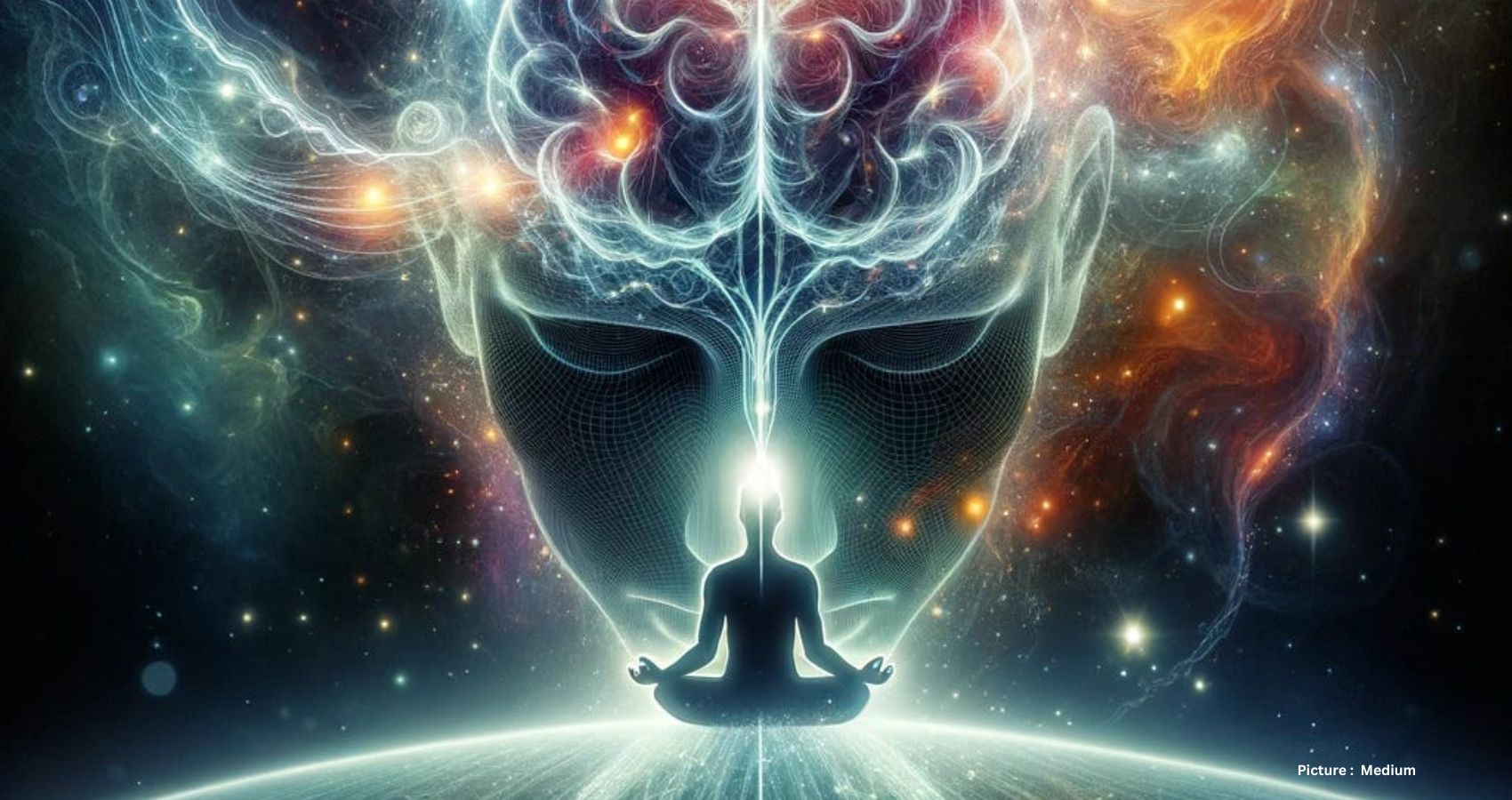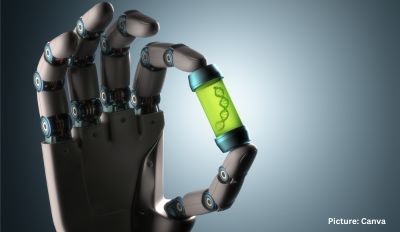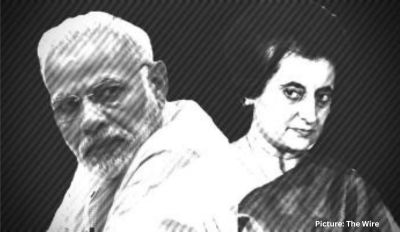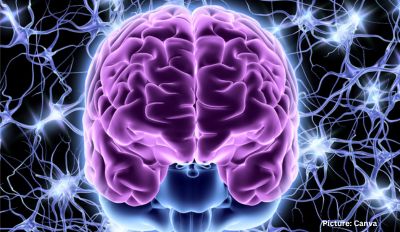“The enigma of consciousness, often termed ‘the hard problem,’ resonates across disciplines, permeating both academic discourse and popular culture,” reflects the opening lines of an article discussing the elusive nature of consciousness. Coined by philosopher David Chalmers three decades ago, this label has since found its way into various realms, even serving as the title of a play by Tom Stoppard. Notably, it’s referenced in a recent episode of Big Think’s Dispatches from the Well, featuring discussions on consciousness with prominent figures including neuroscientist Christof Koch, Swami Sarvapriyananda from the Vedanta Society of New York, technology entrepreneur Reid Hoffman, complexity expert Melanie Mitchell from the Santa Fe Institute, and mathematical physicist Roger Penrose.
Koch delves into the essence of consciousness, describing it as encompassing sensory perceptions, emotions, and experiences. He states, “It’s what you see, it’s what you hear, it’s the pains you have, the love you have, the fear, the passion.” This sentiment echoes Descartes’ famous assertion, “Cogito, ergo sum” – “I think, therefore I am.” Sarvapriyananda draws parallels to Descartes as well, portraying consciousness as “the light of lights” that illuminates all existence.
Mitchell offers a perspective of consciousness as a spectrum, varying in intensity and present not only in humans but also in different species. She suggests, “I’m more conscious when I’m awake,” indicating a fluctuation in consciousness levels. Moreover, Mitchell ponders the potential for consciousness to emerge in non-biological entities, envisioning a spectrum where machines might one day reside.
The conversation turns to the realm of artificial intelligence (AI) as host Kmele Foster engages with Hoffman, an AI researcher. Despite remarkable advancements in AI technology, few would attribute consciousness to current AI chatbots. Yet, Hoffman suggests that striving to imbue machines with not just intelligence but consciousness could yield insights into the workings of human consciousness.
Penrose introduces a provocative theory positing that consciousness arises from unpredictable quantum processes within the brain’s microtubules. This perspective challenges conventional understandings of consciousness and underscores its complexity. Koch adds a speculative dimension by proposing that consciousness might permeate all forms of matter to varying degrees.
The article reflects on the multifaceted nature of consciousness, encapsulating various philosophical, scientific, and speculative perspectives. Ultimately, whether consciousness stems from quantum processes, emerges across a spectrum of entities, or remains a deeply personal experience, its true nature continues to elude definitive explanation.











